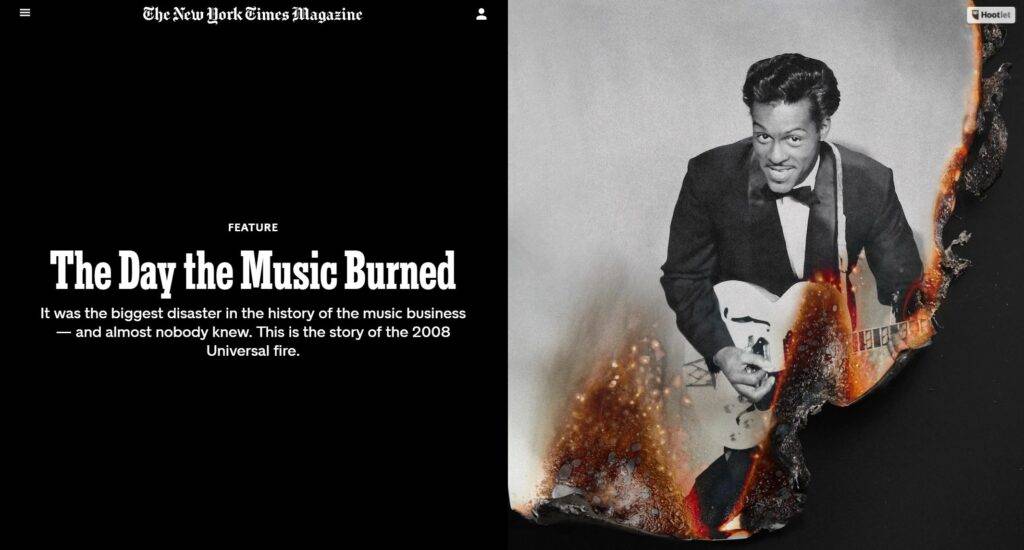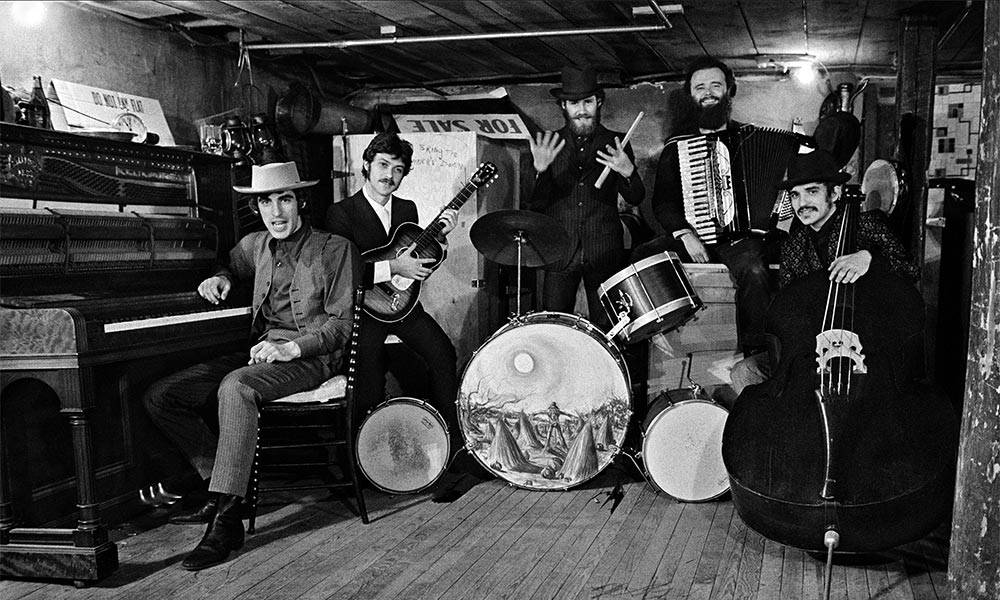
The Rise and Fall of Jawbreaker: Unraveling the Untold Story of the Emo Trailblazers
As Nirvana catapulted into mainstream success in the early 1990s, the alternative underground became a breeding ground for labels seeking the next big thing, especially following Green Day’s mid-decade triumph with “Dookie.” The quest for the “next Nirvana” birthed the post-grunge movement, introducing label-crafted Kurt Cobain clones while also shedding light on underground acts, such as Jawbreaker, a prominent force in the pop-punk and emo scenes.
Formed in 1986, Jawbreaker rose to underground fame with their confessional lyrics and intense delivery, making waves with their debut record “Uncool” in 1990. The band’s trajectory gained momentum with “Bivouac” in 1992 and reached its peak with the release of “24 Hour Revenge Therapy” in 1994, an emo masterpiece that solidified their place in alternative music history.
However, as Jawbreaker’s popularity surged, internal tensions, backlash, and accusations of “selling out” culminated in their major label debut, “Dear You,” in 1995. While critically acclaimed, the album faced rejection from the band’s loyal fanbase, leading to a breakup in 1996.
Post-breakup, band members pursued individual projects, with frontman Blake Schwarzenbach contributing to Jets to Brazil. Despite initial resistance to a reunion, Jawbreaker regrouped in 2017, sparking excitement among fans. The legacy of “Dear You” has evolved over the years, influencing the second wave of emo.
While the trio lost the chance at mainstream success, their retrospective appreciation continues to grow. Industry pressure and resistance within the punk community contributed to their untimely demise, leaving the question of whether Jawbreaker could have been the next Nirvana unanswered. With the band currently working on new material, fans eagerly anticipate what Schwarzenbach and co. will deliver, embracing the band’s diverse sound that spans from raw hardcore to contemplative indie rock.






Responses